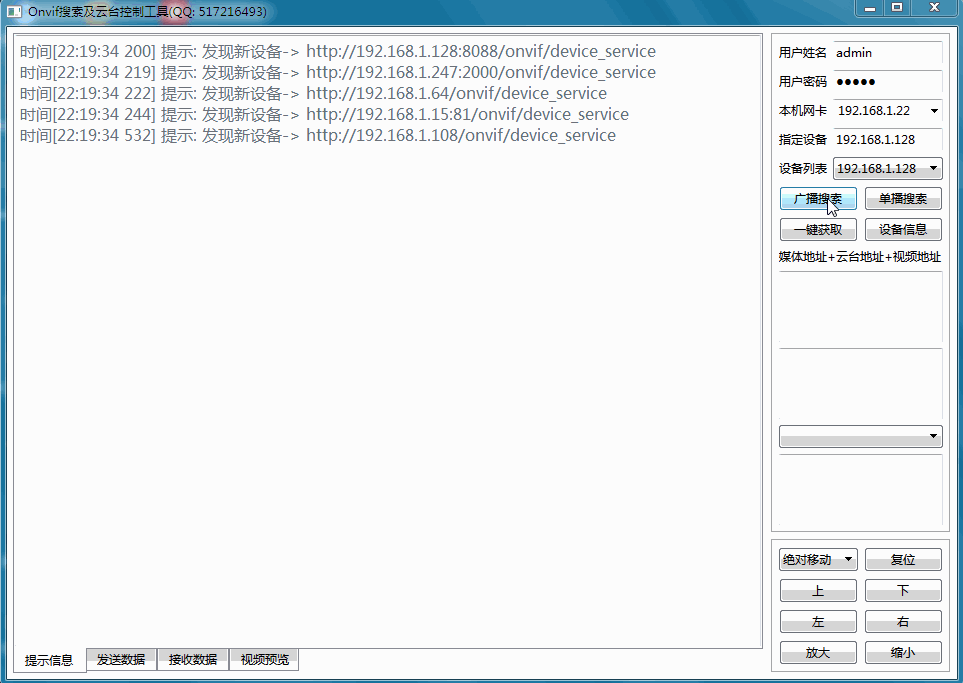The QTimer::singleShot is used to call a slot/lambda asynchronously after n ms. The basic syntax is: QTimer::singleShot(myTime, myObject, SLOT(myMethodInMyObject)); with myTime the time in ms, myObject the object which contain the method and myMethodInMyObject the slot to call. So for example if you want to have a timer who write a debug. The QTimer class provides repetitive and single-shot timers. The QTimer class provides a high-level programming interface for timers. To use it, create a QTimer, connect its timeout signal to the appropriate slots, and call start. From then on it will emit the timeout signal at constant intervals.
Remarks
QTimer can also be used to request a function to run as soon as the event loop has processed all the other pending events. To do this, use an interval of 0 ms.
Simple example
Qt Resource System; QTimer; Signals and Slots; SQL on Qt; Threading and Concurrency; Using Style Sheets Effectively; Qt QTimer. QTimer can also be used to request a function to run as soon as the event loop has processed all the other pending events. To do this, use an interval of 0 ms. The QTimer class provides a high-level programming interface for timers. To use it, create a QTimer, connect its timeout signal to the appropriate slots, and call start. From then on, it will emit the timeout signal at constant intervals. In this example, we'll use Qt Console application.
The following example shows how to use a QTimer to call a slot every 1 second.
In the example, we use a QProgressBar to update its value and check the timer is working properly.
main.cpp
timer.h
timer.cpp
timer.pro
Singleshot Timer with Lambda function as slot
If a singleshot timer is required, it is quiet handy to have the slot as lambda function right in the place where the timer is declared:
Due to this Bug (QTBUG-26406), this is way is only possible since Qt5.4.
In earlier Qt5 versions it has to be done with more boiler plate code:
Using QTimer to run code on main thread
This is useful when you need to update a UI element from a thread. Keep in mind lifetime of anything the callback references.
Same code could be adapted to run code on any thread that runs Qt event loop, thus implementing a simple dispatch mechanism.
Basic Usage
QTimer add the functionality to have a specific function/slot called after a certain interval (repeatedly or just once).

The QTimer thus allows a GUI application to 'check' things regularly or handle timeouts without having to manually start an extra thread for this and be careful about race conditions, because the timer will be handled in the main-event loop.
A timer can simply be used like this:
The timer triggers the timeout signal when the time is over and this will be called in the main-event loop.
QTimer::singleShot simple usage
The QTimer::singleShot is used to call a slot/lambda asynchronously after n ms.
The basic syntax is :
with myTime the time in ms, myObject the object which contain the method and myMethodInMyObject the slot to call
So for example if you want to have a timer who write a debug line 'hello !' every 5 seconds:

.cpp
.hh